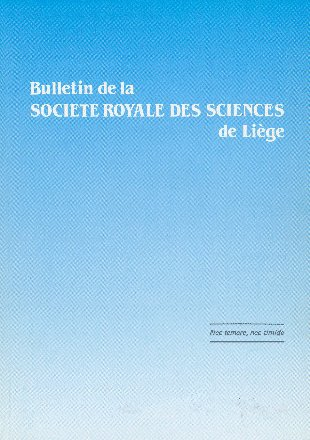- Startpagina tijdschrift
- Volume 85 - Année 2016
- Actes de colloques
- Special edition
- The Impact of Computer-Assisted Language Learning Applications on Incidental Vocabulary Recall and Retention
Weergave(s): 1238 (1 ULiège)
Download(s): 441 (2 ULiège)
The Impact of Computer-Assisted Language Learning Applications on Incidental Vocabulary Recall and Retention

Documenten bij dit artikel
Version PDF originaleAbstract
This study reports on an investigation into the effect of Computer Assisted Vocabulary Learning (CAVL) on fostering the incidental vocabulary gain of 62 pre-intermediate teenage learners of English studying in a language institute in Iran. These participants were randomly assigned to CAVL and traditional teacher-led groups. Additionally, the two groups’ perceptions towards Computer-Assisted Language Learning (CALL) and Computer-Assisted Learning (CAL) were surveyed and compared. A multimedia application integrating contextual cues, frequency of occurrence, dictionary definitions, and textual and audio annotations, was developed uniquely for the purposes of this experimental research. In order to measure and compare the vocabulary recall and retention of the two groups, a pretest-posttest research design was utilized. The results of the immediate posttest demonstrated that the students in the CAVL group significantly outperformed those of the non-CAVL group, confirming superior recall of the new words. Although the latter groups’ scores on the delayed posttest were also higher than the former groups’ scores, in comparison to the immediate posttest, a considerable decrease in the CAVL groups’ vocabulary retention was observed. Moreover, even though both groups perceived CAL as an effective method of learning, the perceptions of the participants in the CAVL group were more positive toward CALL.






